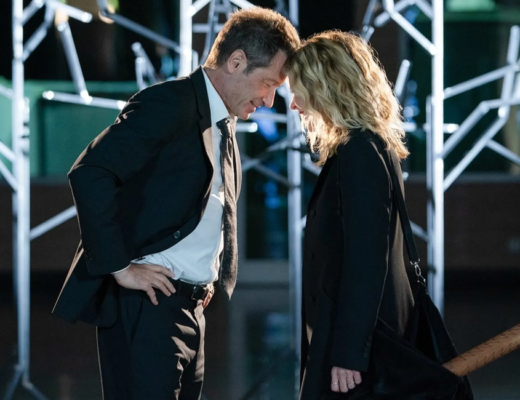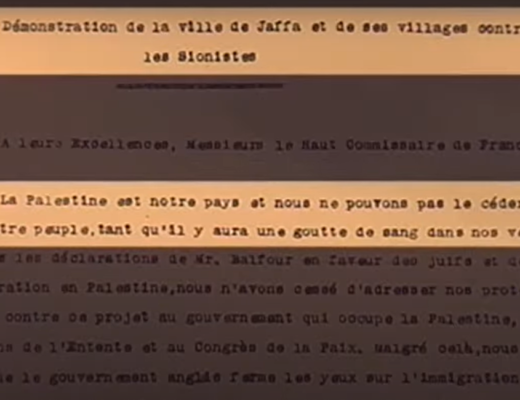Dilettante Steve Antin proves the adage that persistence counts for more than talent in Hollywood. His resume is a scatter of acting, writing, production, and directing credits, all seemingly acquired by the skin of his teeth. The directing credits add up to exactly two since the opening of Burlesque, a vehicle for the distinct vocal stylings of Christina Aguilera and Cher. This latest endeavor won’t see Antin vaulted into the VIP room at long last, however — although, given the moderate success of some of its musical numbers, Burlesque might open a few doors for him as a Broadway choreographer or music video director. And that’s by no means a dig. Say what you will about the dead space between those numbers, where dialogue ails and characterization gasps for life; those sassy jazz-hands moments count for a lot when, as with porn, they’re really the only moments your audience anticipates going into the film, or recollects a day later.
That’s not to say that the song-and-dance numbers in Burlesque — smoky, lacy, and rippling with come-hither appeal — are the best we’ve ever seen either. They struggle to break out of the dial-tone story that hums over them: a Funny Girl template of dusty, small-town talent (Aguilera) who buys a one-way ticket to Los Angeles and fights her way into a spotlight. They’re nearly oppressed by the exposition — by conversations made up almost entirely of platitudes — and by the checklist plot points (we can’t call them twists in such a well-worn tale). Like most musicals, they’re all the movie really has going for it. The off-stage action drowns in its own exhaustion, but the on-stage productions are a bit of a party, except for a lugubrious, soft-rock solo by Cher that’s shoehorned into the third act and, as a result, looks for all the world like a contract compromise. As needless as that number is, Cher makes up for it and then some with her opener, an introductory paean to the burlesque performances nurtured in her character’s Sunset Strip nightclub. That’s the Cher we expect to see — the Cher the filmmakers banked on when they made script for her ripe pipes and harlequin-Madonna face.
It’s Cher, most of all, and Stanley Tucci as her loyal costumer who flesh things out with what passes for acting even as they deliver lines that are sometimes so-bad-they’re-charming, and sometimes just so bad. (Is “I held your head over the toilet while you threw up everything but your memories!” bad/good enough to earn a place on the camp loop, or just a pitiable hack effort? What about “I will not be upstaged by some slut with mutant lungs!”, a trumpet blast sounded by Kristen Bell as Aguilera’s bitter rival? It’s a toss-up.) Aguilera, as Ali the singing coquette, may have the lungs, and the camera definitely adores her, but her performance — as this sort of movie precisely demands — is just shy of competent, an appropriate counterpoint to Bell’s television-thin glare-and-emote. Alan Cumming is underused as the club’s coy barker; too much screentime is allotted instead to Aguilera’s glib love interest (Cam Gigandet), who renders character with funny faces, long sinews, and a porkpie hat. Peter Gallagher, as Cher’s ex-husband and business partner, wastes more space with his shambling mock-effacement, as he pretty much does in all of his films — space that could have been better filled by Cumming or even Cher. But we somehow still manage to get a sense, because of the cast’s enthusiasm and blocking, of a lively club with a history of a somewhat seedy creative cycle set awkwardly atop a teleology of love story and real estate schemes.
Burlesque cues Cabaret repeatedly, which might stitch some meaning into its fabric or might simply weaken it through contrast effect, depending on who you ask. These cues are formal, visual — just barely emotional and by the merest squeak of a degree political, but again, Antin and company aren’t affecting greatness. It would be unfair to say their reach exceeds their grasp. They create a dense enough world of spotlight and shadow, of red velvet and black lace, of high kick and shimmy, and they tend only to our eyes-and-ears appetite and manage, in places, to satisfy it. If Cher’s solo is a guttural low point, Aguilera’s solo in the same act is a radiant high; singing about love, with a backlit blossom in her hair, and poured into a green coffin dress reminiscent of a stalk, Ali effloresces into the brightest embodiment of a star and, for a moment, convinces even those viewers who dislike Aguilera’s particular brand of sound.
Digging deep — if we’re desperate to round Burlesque out a bit and fill its bustier — we might find a tentative commentary about drag, which seems to be more or less consciously operational from the get-go, when Ali steps off her turnip truck already made five inches thicker with makeup, half-blinded by a blousy wig, and permanently heeled. The hick, in other words, is as naturally unnatural as Cher, equal parts guts and plastic, programmed to home in on gaudy, overpriced shoes and, moreover, to be deeply proud of that programming. Perhaps Tucci’s off-hand quip about how “it hurts to be a girl” can be spread out, however thin, across the whole film, which details not just the details of burlesque drag per se (the paint, the hair, the corsets, the heels) but also how female drag is liminally performed pre- and post-show, like some all-consuming state of existence that tempts, that makes conform, and, up to a point, that silences, until Ali fractures the voiceless world of ornament with her own personal sound. Loud and fearless, Ali really does animate a show that had until now been lip-synched; she says nothing interesting and nothing new, but she demonstrates that the pretty, on its own, only goes so far—truer words that Antin suggests but doesn’t care to heed.







